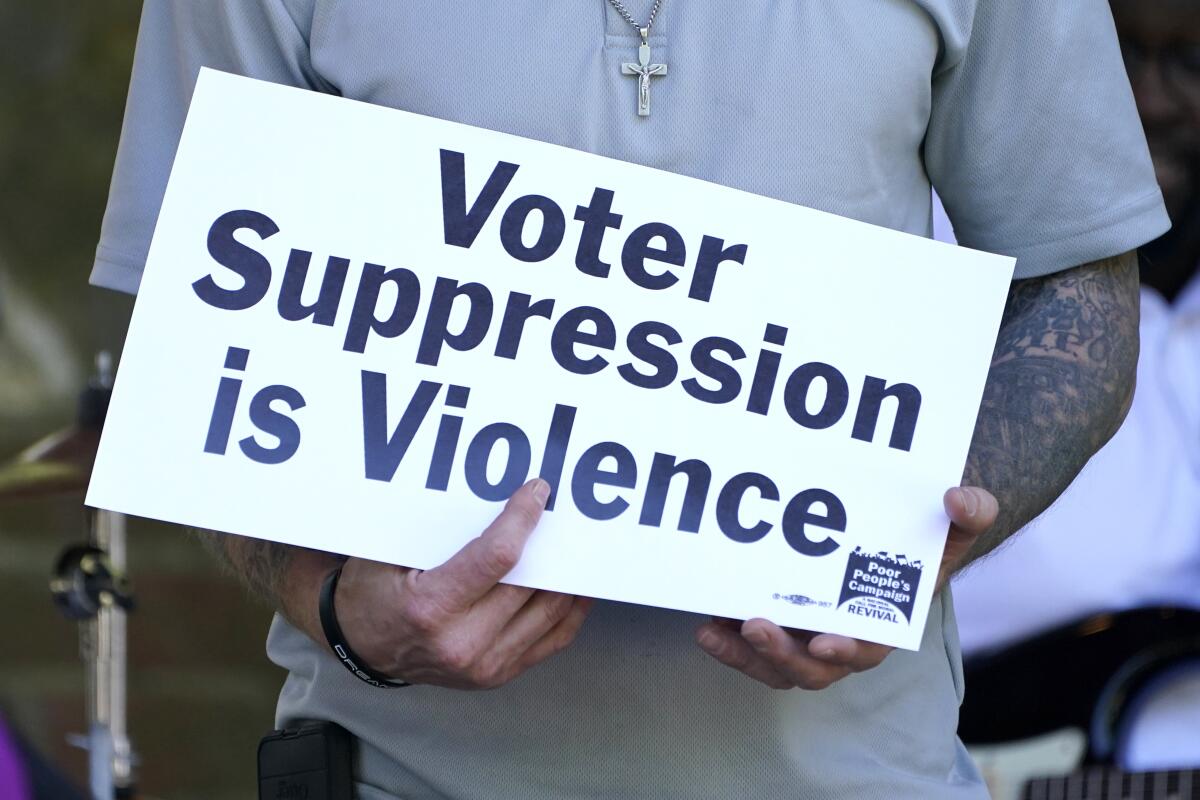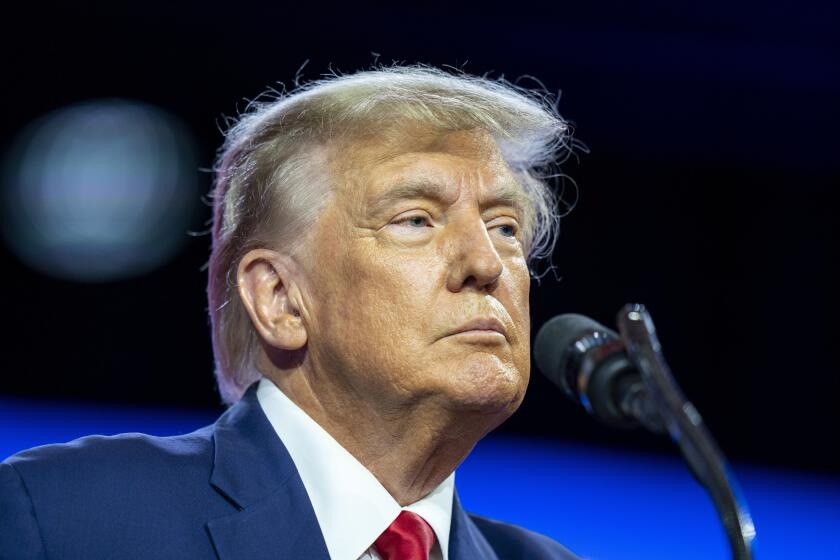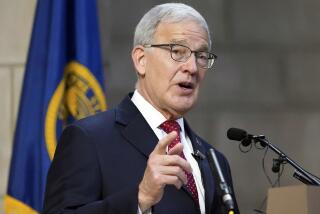Federal court vacates ruling that granted Mississippians convicted of felonies the right to vote

- Share via
NEW ORLEANS — A significant expansion of voting rights in Mississippi was put in doubt Thursday when a federal appeals court said it’s reconsidering an earlier decision to allow people convicted of certain felonies to cast ballots.
The U.S. 5th Circuit Court of Appeals said in a Thursday filing that a majority of the appeals court’s 16 active judges would take a new look at the 2-1 decision delivered by a panel on Aug. 4.
Mississippi attorneys, led by state Atty. Gen. Lynn Fitch, had asked for the review.
Granting the review means the Aug. 4 decision is vacated.
It’s hard to keep straight all the accusations brought against and investigations into Trump in recent years. Here’s a guide to the latest developments.
The Aug. 4 ruling held that denying voting rights violated the constitutional ban on cruel and unusual punishment. Mississippi lawyers argued that the panel’s decision would “inflict profound damage and sow widespread confusion.”
If the ruling had been allowed to stand, tens of thousands of people could have regained voting rights, possibly in time for the Nov. 7 general election for governor and other statewide offices. That now appears unlikely. It was unclear how quickly the appeals court would schedule a full-court hearing, how quickly the full court would rule, and whether the court, widely considered among the most conservative of the federal appellate courts, would uphold the panel ruling.
Republican nominees dominate the court, although the majority of those who made the Aug. 4 decision were judges nominated to the court by Democratic presidents: Carolyn Dineen King, nominated by President Carter, and James L. Dennis, nominated by President Clinton. Judge Edith Jones, nominated by Republican President Reagan, strongly dissented.
More to Read
Sign up for Essential California
The most important California stories and recommendations in your inbox every morning.
You may occasionally receive promotional content from the Los Angeles Times.











